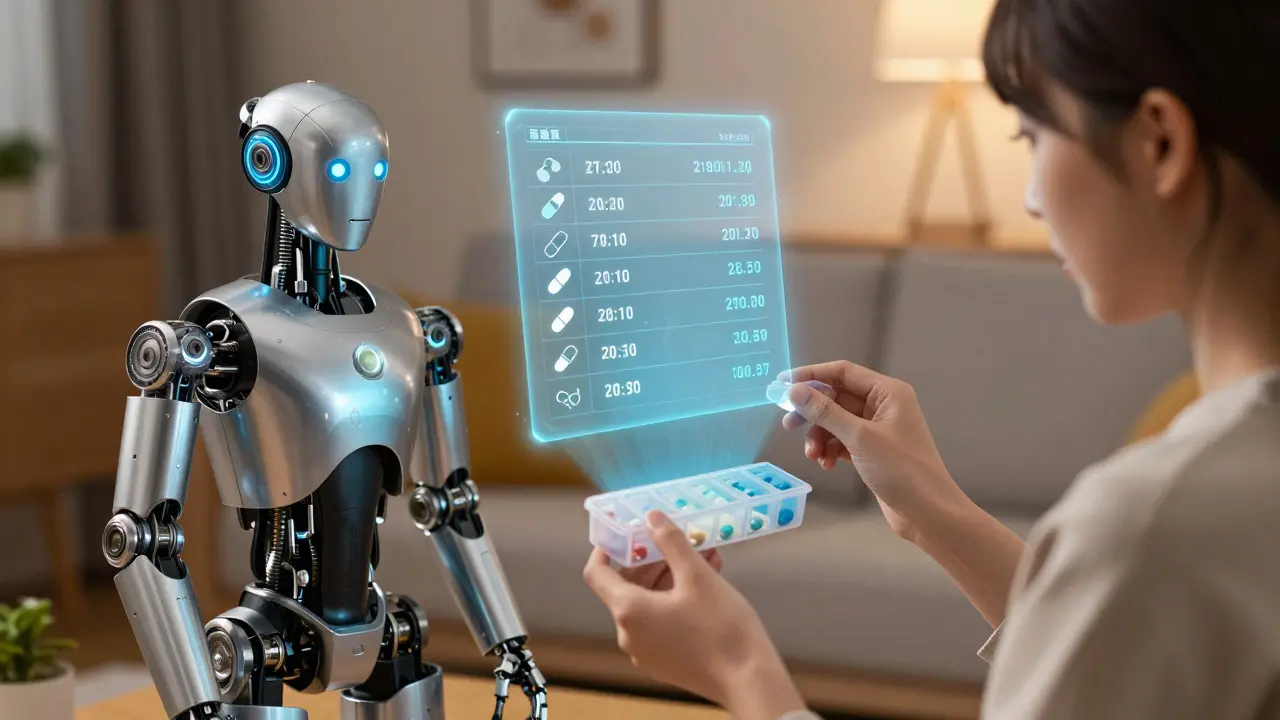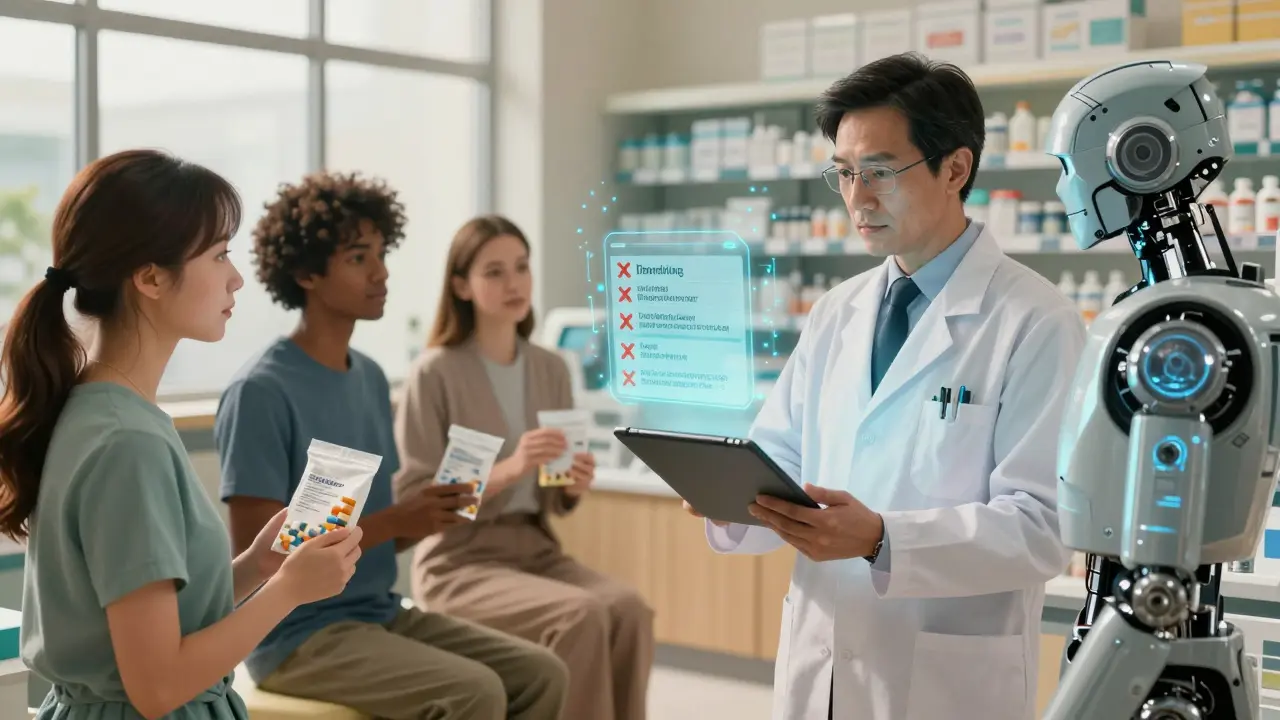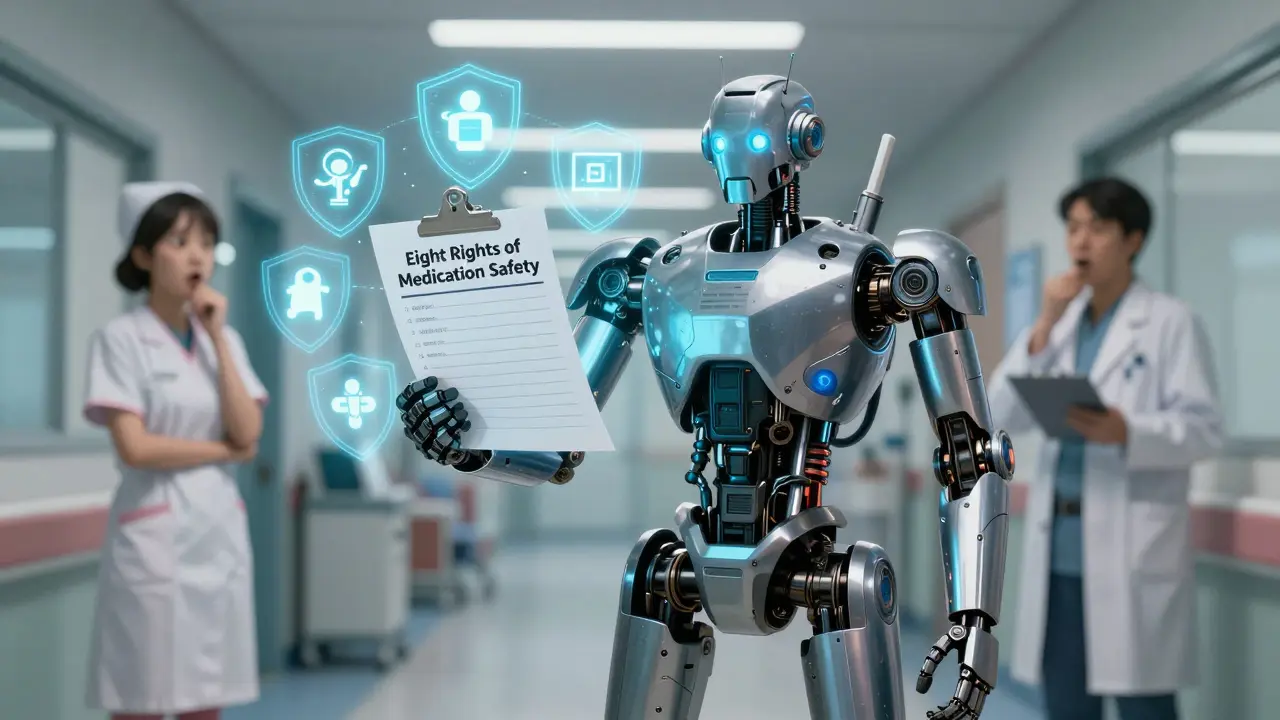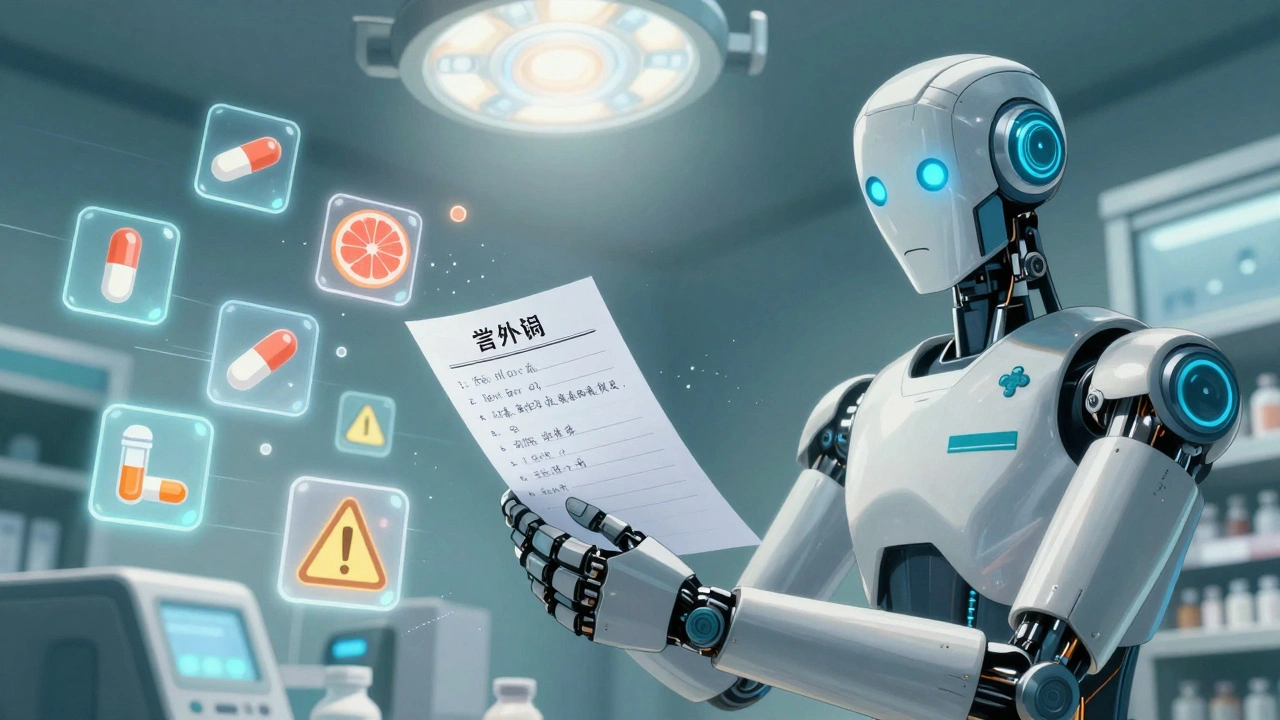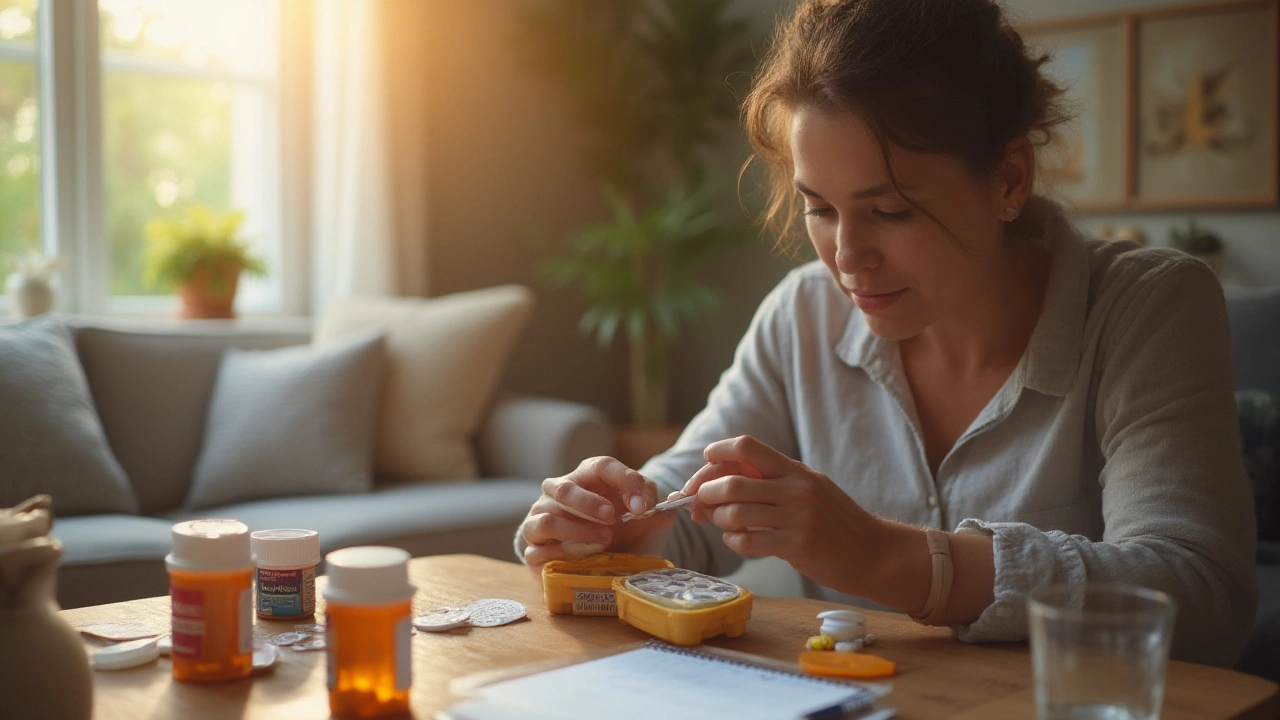Medication Safety: How to Keep Your Drugs Safe and Effective
Ever wondered if the pills you take are really safe? You’re not alone. From online pharmacy scares to simple storage mistakes, a lot can go wrong. Below you’ll get straight‑forward tips that help you avoid cheap‑quality meds, bad side‑effects, and wasted money.
Spotting Safe Online Pharmacies
Buying medication online sounds convenient, but not every site is legit. First, check if the pharmacy requires a prescription for prescription‑only drugs. If they sell the same drug without asking for a doctor’s note, flag it. Next, look for a physical address and a UK licensing number—most trustworthy sites list these in the footer.
Read the reviews, but don’t rely only on star ratings. Look for detailed user experiences that mention packaging, delivery time, and whether the pills matched the label. A real pharmacy will also have a secure https connection and a clear privacy policy.
Finally, compare the price with NHS or reputable UK pharmacy rates. If it’s dramatically lower, it’s probably a counterfeit. A quick Google search of the drug name plus "scam" can reveal red flags that other shoppers have reported.
Everyday Practices for Safe Medication Use
Once you have a legit medication, the next step is using it correctly. Always read the label — dosage, timing, and any food interactions. If you’re unsure, ask your pharmacist or doctor; a quick clarification can prevent serious side‑effects.
Store drugs as the label says. Some pills need a cool, dry place, while others stay in the fridge. Keep meds out of reach of kids and pets, and never share your prescription with anyone else.
Watch for side‑effects, even mild ones like a headache or stomach upset. Write down when they start, how long they last, and tell your doctor right away. Some side‑effects are normal, but others signal that the drug isn’t right for you.
If you’re taking more than one medication, double‑check for interactions. Apps and online tools can scan your drug list and warn you about dangerous combos. This is especially important with supplements like horsemint or beta‑glucans, which can affect prescription drugs.
When you travel, bring a copy of your prescription and keep the original medication in your carry‑on bag. Airline security can be a hassle, but having the prescription handy speeds up the process and proves the meds are legitimate.
Finally, dispose of old or unused medication safely. Many pharmacies run take‑back programs, or you can mix pills with coffee grounds and toss them in the trash. Never flush them down the toilet—it harms the environment and could end up in the water supply.
Sticking to these simple habits makes a huge difference. You’ll avoid counterfeit meds, keep side‑effects in check, and get the best results from every prescription or supplement you use.
Got a specific medication you’re worried about? Check our tag page for detailed safety guides on drugs like Neurontin, Lioresal, Sotalol, and more. Each guide walks you through price checks, legal steps, and practical usage tips so you stay informed and protected.
How to Keep a Medication List for Safer Care and Fewer Errors
- Natala Menezes
- |
- |
- 9
A clear guide on creating and maintaining an accurate medication list to prevent errors. Learn what to include, how to update it, and why this simple step saves lives. Practical tips for patients and caregivers.
View moreAnnual Medication Review with a Pharmacist: How It Reduces Side Effects
- Natala Menezes
- |
- |
- 9
An Annual Medication Review with a pharmacist helps cut harmful side effects by checking all your meds-prescription, OTC, and supplements. Find out how it works, who needs it, and how to get one for free.
View moreKey Medication Safety Terms Patients Should Know and Use
- Natala Menezes
- |
- |
- 8
Learn the eight key medication safety terms every patient should know to avoid dangerous errors. From right patient to high-alert drugs, these simple concepts can prevent harm and save lives.
View moreHow to Ask About Drug Interactions When Getting a New Prescription
- Natala Menezes
- |
- |
- 10
Learn how to ask the right questions about drug interactions when getting a new prescription to avoid dangerous side effects, ER visits, and medication errors. Know what to ask your doctor and pharmacist.
View moreLevetiracetam Interactions: Essential Things to Avoid for Safe Use
- Natala Menezes
- |
- |
- 5
Uncover the real-life do's and don'ts while taking levetiracetam. Learn what to avoid, how drug interactions affect you, and the tricks to maximize seizure control safely.
View more